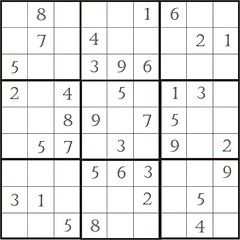在阅读盖雷(C.M.Gayley)的《英美文学和艺术中的古典神话》(Classic myths in English literature and in art)时遇到了两首英文诗,看样子是译者自己翻译的,因为其他的译文都会标注参考文献。觉得这两首诗中某些句子的翻译有问题,不知道我自己是否理解正确了,如下
1.诗人高斯(Gosse),不是数学家高斯(Gauss),写的一首小爱神丘比特(Cupid,即厄罗斯,Eros)的诗,诗的后半段有点问题:
His lips,more red than any rose,
Were like a flower that overflows
With honey pure and sweet;
And clustering round that holy mouth,
The golden bees in eager drouth
Plied busy wings and feet;
They knew,what every lover knows,
There’s no such honey-bloom that blows.
注意加粗的那句话,结合上下文译文是:”它们知道,爱人们/都知道,这花中有最多的蜂蜜.”而看原文应该是,这花没有蜂蜜才对.
2.著名诗人丁尼孙(Tennyson)曾写出美妙而又神秘的《海斯佩丽德丝之歌》,海斯佩丽德丝(Hesperides)姐妹是在太阳下山之地守卫金苹果的仙女,诗是这样写的:
The golden apple, the golden apple, the hallowed fruit,
Guard it well, guard it warily,
Singing airily,
Standing about the charmed root.
Round about all is mute,
As the snowfield on the mountain-peaks,
As the sandfield at the mountain-foot.
Crocodiles in briny creeks
Sleep and stir not: all is mute.
If ye sing not, if ye make false measure,
We shall lose eternal pleasure,
Worth eternal want of rest.
Laugh not loudly: watch the pleasure
Of the wisdom of the West.
加粗一句里面的ye是古英语的you,那这一句应该是表示如果你不歌唱,如果你犯错,我们会永远失去快乐.但是译者的译文是:"如果你不歌唱,如果你不犯错,..."这个也是一个疑问。
读了这本书的感觉是,正如同宿舍一同学说的,希腊罗马神话的神的行为都好社会哦,都很时尚,干得都是现在人们做的,特别是朱庇特(Jupiter,希腊神话的Zeus),和许多女神又关系,还与人间的一些少女又关系,生下小孩后如果是女孩......(此处省略多字);天后朱诺(Juno)也是典型的母夜叉,疯狂的报复每个和天帝有过关系的人,包括亲属。荷马难道预见了2000多年后的人类是什么样子?




